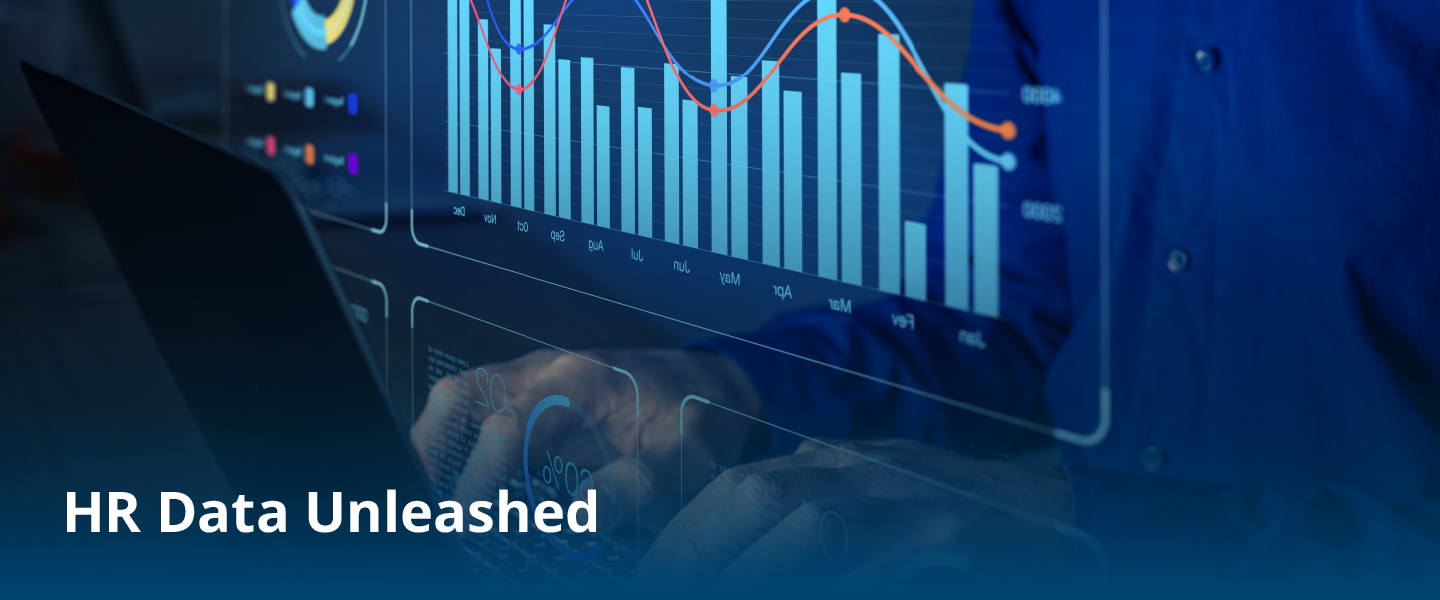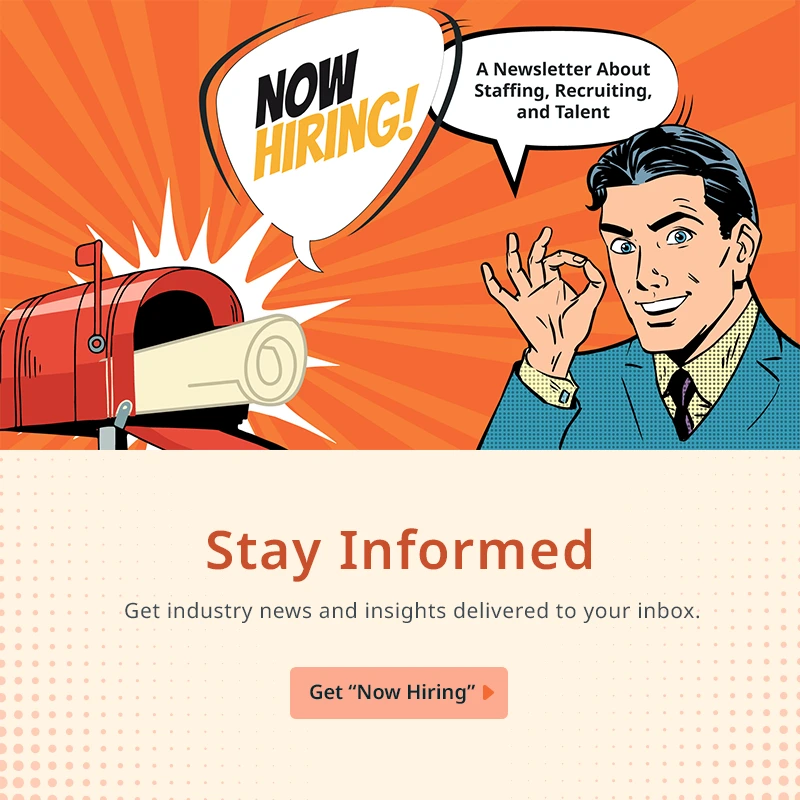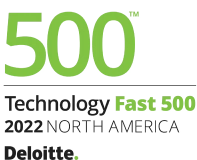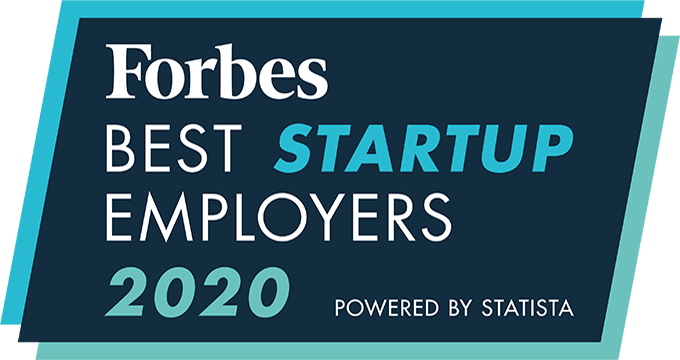In Human Resources (HR), there’s a revolutionary force at play: Machine Learning (ML). This dynamic technology is transforming the way HR professionals manage, analyze, and utilize data to make informed decisions. Let’s take a deep dive into the world of Machine Learning and the intriguing dynamics it introduces to the realm of HR.
Machine Learning and Data Dynamics
Machine Learning, in simple terms, is like having a super-smart assistant for HR tasks. It empowers systems to learn from data, identify patterns, and make decisions without explicit programming. In HR, this translates to enhanced efficiency in recruitment, talent management, and employee engagement.
The Potential of Data in HR
Data is the lifeblood of HR functions, and ML acts as the catalyst to unleash its full potential. Imagine having the ability to predict employee turnover, identify high-performing candidates, or personalize employee training programs based on individual needs. ML makes this a reality by turning raw data into actionable insights. How exactly will it affect recruitment and HR processes?
Recruitment Revolutionized
Gone are the days of sifting through countless resumes manually. ML algorithms can analyze resumes and identify the best-fit candidates in a fraction of the time. This not only expedites the hiring process but also ensures a more objective and unbiased selection.
Predictive Analytics for Employee Retention
One of the most significant impacts of ML in HR is the ability to predict employee turnover. By analyzing historical data, ML algorithms can identify patterns and factors leading to attrition. This foresight empowers HR professionals to implement preemptive strategies, ultimately improving employee retention.
Tailored Learning Paths
ML facilitates the creation of personalized learning paths for employees. By analyzing individual performance data, the system can recommend specific training modules or development opportunities tailored to each employee’s strengths and weaknesses. This not only enhances employee skills but also boosts overall productivity.
Enhanced Employee Experience
ML-driven HR systems can gauge employee sentiments by analyzing communication patterns, feedback, and other relevant data. This enables HR teams to proactively address concerns, leading to a more positive and engaging work environment.
Ethical Considerations
While the potential benefits of ML in HR are immense, thought should definitely be given to the ethical ramifications. Ensuring fairness, transparency, and avoiding biases in algorithms is crucial. Companies must strike the right balance between automation and human intervention—this is the key to ethical ML implementation in HR.
Challenges and Opportunities
Implementing ML in HR comes with its set of challenges, including data privacy concerns, resistance to change, and the need for upskilling HR professionals. However, the opportunities for growth, efficiency, and improved decision-making far outweigh the challenges.
The Role of HR Professionals
Don’t worry . . . ML will not replace human jobs in HR; it is more of a collaborative tool. HR professionals play a pivotal role in interpreting ML-driven insights, making strategic decisions, and ensuring the ethical use of technology in the workplace.
Continuous Adaptation
The HR landscape is dynamic, and ML systems need to continuously adapt to evolving trends. HR professionals need to stay updated with the latest advancements in ML and harness its power to drive organizational success.
Empower HR Through Machine Learning and Human Synergy
Machine Learning in HR is not just a technological advancement; it’s a paradigm shift in the way HR functions. By embracing ML, HR professionals can be better empowered to streamline processes, make data-driven decisions, and elevate the overall employee experience. As we navigate this transformative journey, the synergy between human expertise and machine intelligence will be the cornerstone of success in the HR domain.
FAQs
1. How does Machine Learning impact recruitment timelines?
Machine Learning significantly reduces recruitment timelines by automating resume screening, candidate matching, and shortlisting processes, expediting the overall hiring cycle.
2. Is there a risk of bias in ML algorithms affecting HR decisions?
Yes, there is a risk of bias. It’s crucial to continuously monitor and fine-tune ML algorithms to ensure fairness and avoid perpetuating biases in HR decision-making.
3. Can Machine Learning predict employee performance accurately?
ML can analyze historical performance data to make predictions, but it’s essential to complement it with human insights for a more holistic assessment.
4. How can HR professionals prepare for the integration of Machine Learning?
HR professionals can prepare by upskilling in data analysis, staying informed about ML trends, and fostering a culture of openness to technological advancements within their teams.
5. What role does ethics play in the implementation of Machine Learning in HR?
Ethics is paramount. HR professionals must ensure the ethical use of ML, addressing biases, maintaining transparency, and upholding privacy standards to build trust in the workforce.









